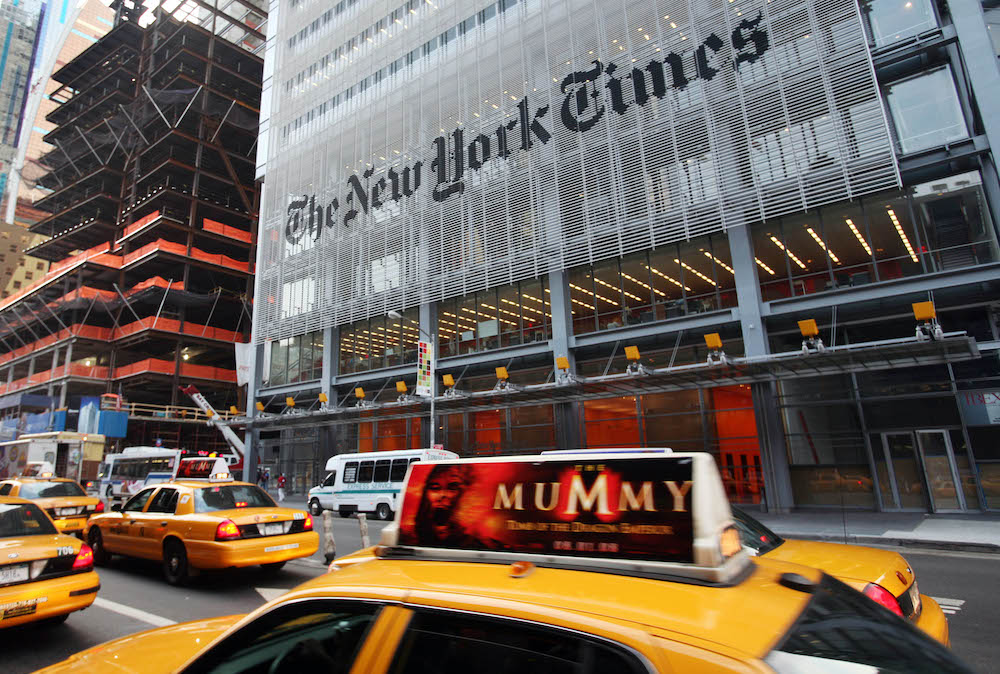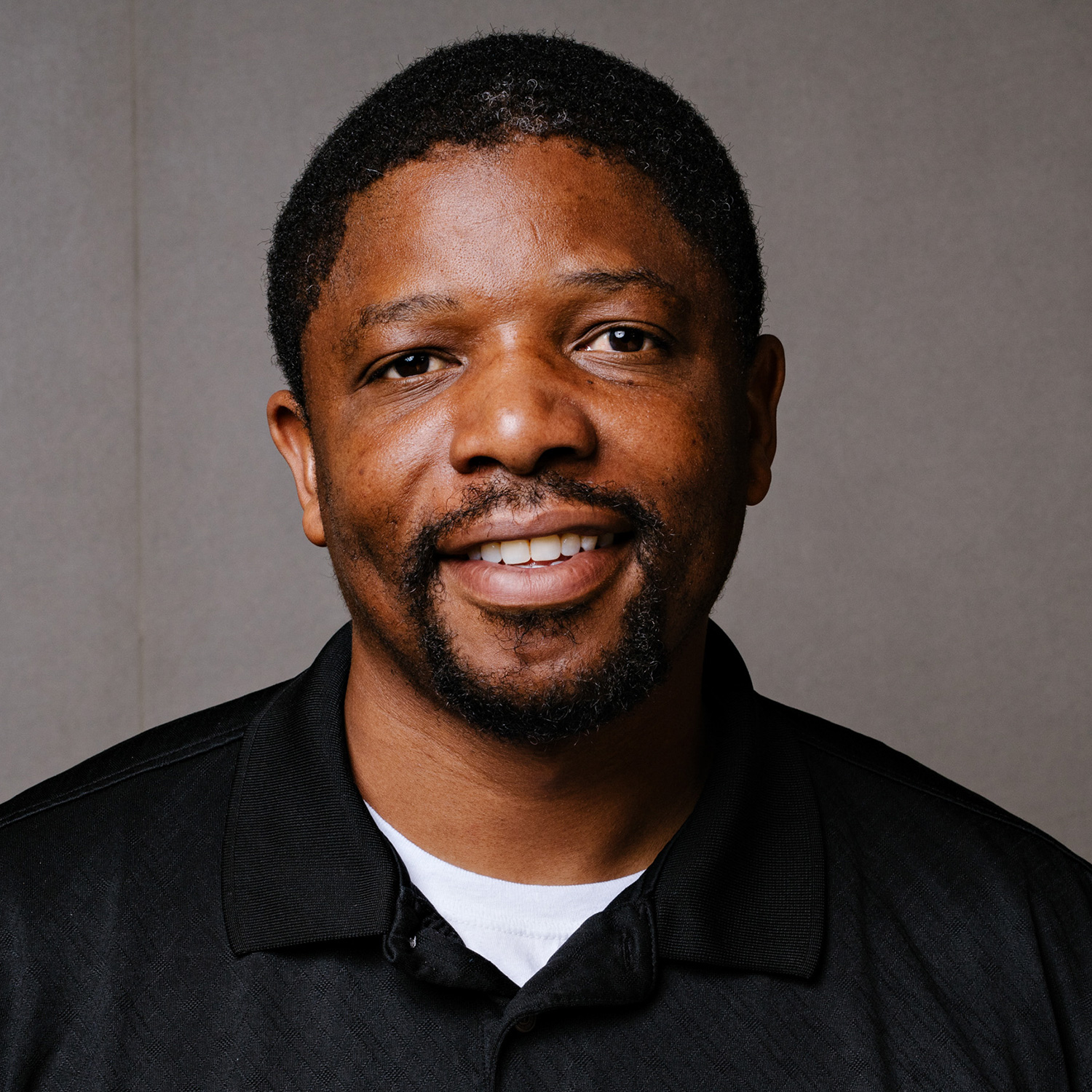
New York Times science reporter Donald McNeil Jr. resigned in February after it was revealed that he used a racial slur during a Times-sponsored student trip to Peru in 2019
I’ve been stuck on the discussion about the resignation of New York Times science reporter Donald McNeil Jr. for the past few days. I don’t have a firm opinion on whether he should still be with The Times. I’ve been stuck on it because of the kind of Twitter exchange I saw develop between a Black journalist and a white journalist at The Times, each of whom deals with the complexity of race and free speech in their work.
Michael Powell, who is white, tweeted a statement by PEN America this way: “For reporter Donald McNeil to end his long career as a result of a single word, risks sending a chilling message. That the paper apparently altered its course … as a result of public pressure is a further worrying signal.
“The ‘result of a single word?’ You sure that’s the whole story?” Twitter user Pete Sikora asked.
“It was taken up internally, there was a disciplinary procedure protected by his union and that was the conclusion. so … yes,” Powell responded.
That prompted Powell’s colleague, John Eligon, who is Black, to weigh in this way: “The paper didn’t alter course cuz of “public pressure.” Legit concerns were raised by Black employees who worked alongside Don. It’s disheartening that a colleague I’ve worked with & respected would tweet this & speaks to how isolating it is to be Black at a mainstream news org.”
Eligon followed that up with this: “You often wonder what your white colleagues who are lovely to your face are actually thinking or saying about you — or people like you — behind your back.”
I was heartened to see such a public exchange by colleagues at one of our most important news outlets. I hope executives and editors there don’t tamp down or discourage such public exchanges in the future. That level of transparency is healthy for the paper and its audience.
Still, that tweet from Eligon hit me. Hard. It was a gut punch.
It reminded me of the daily paranoia I harbored for years in newsrooms, not sure if my very-pleasant-seeming white colleagues noticed me, or respected me if they did, particularly when the discussion turned to my work concerning the intersection of race and journalism. That paranoia is borne of a reality many journalists of color face throughout much of our careers, as detailed in this Nieman Lab thread from 2020.
When some of our white colleagues either don’t agree with or can’t even understand a point about race we’ve made, instead of treating us like the professional journalists we are — journalists who respect the First Amendment and want to improve our craft and industry as much as anyone else — and asking for clarification, they assume we are thinking things we aren’t, demanding things we haven’t.
What’s worse is that no matter how many times or in how many ways we try to explain ourselves, our voices go unheard. It’s a kind of invisibility that can’t be resolved by implicit bias training or even a more diverse staff.
It’s tiring. It’s galling. And, frankly, it’s absurd. On what planet would journalists of color want a more punitive environment? We’ve often suffered in silence, biting our tongues or moderating our speech and reactions inside newsrooms for the comfort of our white colleagues even when our white colleagues don’t even realize that’s what we’re doing. We want a stronger commitment to robust debate. We want more voices to be heard, not fewer. How many times do we have to say that before we are believed? Are our questions and concerns considered legitimate and aimed at improving our craft and industry? Or are they viewed as little more than whining because we disagree with what a white colleague said or did?
Because of how often our words about race are misinterpreted, I feel compelled to say I’m not suggesting Powell is racist or that his tweet was. I’m not suggesting McNeil Jr. was racist because he used the N-word on that school trip. I’m not suggesting all or most white journalists are clueless or racist. I’m not saying a Black journalist’s point-of-view on race is sacrosanct and must be accepted without question or challenge. In fact, if you are reading this column and see ‘N-word’ but never the racial slur itself, it’s because my white editor has decided it’s not appropriate to spell out that word in this space even though I believe it is. That would mean I disagree with him – not that I believe he’s racist because he doesn’t see the issue the way I do.
I also feel compelled to say this: Every white journalist should know if he uses the N-word in any context there is potential for great blowback and outrage. If a white journalist doesn’t know this, he is too clueless to be a journalist in a diversifying-21st century America. That’s why defending McNeil Jr. by saying he’s too old and white to know better can’t withstand even a little bit of scrutiny. While intent should be considered, it shouldn’t be the end of the discussion. Had McNeil Jr. unfurled a Confederate flag at his desk saying he didn’t want to offend, only wanted to honor his family’s heritage, no one would argue The Times should simply look the other way.
It doesn’t mean he should have been fired or resigned under pressure. It doesn’t mean white journalists should be punished when they use the N-word in context because they are convinced there is simply no sufficient substitute. It’s just that there are few — if any — circumstances for which a white journalist must use that racial slur in print, in cartoons, in the shower singing along to Kanye West – or standing before a group of high school students in Peru.
There are no circumstances — none — in 21st America in which a white journalist can legitimately claim ignorance of that word’s power. It may be reasonable to use the word when you believe it is the absolute right word, not as a slur, when no other version will do. It would still be silly to expect everyone to agree. That’s true even if your intent is pure. That’s true even if you are Black, as evidenced by the robust debate within the African-American community that ranges from those who believe it should never be used to those who love that rappers have redefined it to those who are split on whether white people ever should use it.


